Solution #5 in creating a healthy diet plan is to get rid of the processed empty calorie vegetable oils (If you missed solution #4 to creating a healthy diet plan click HERE.) Watch the video above to learn more about the empty calorie vegetable oils…plus practical tips on how to avoid them.
Starting a Healthy Diet Plan?
Get to Know the NOT Healthy Vegetable Oils & Eliminate Them
Omega-6-rich oils are classified as “polyunsaturated fats”. The most commonly used vegetable oils include the following:
• Corn oil
• Soybean oil
• Safflower oil
• Sunflower oil
• Cottonseed oil
• “Pure” vegetable oil
Why Do People Still Think Vegetable Oils are Healthy?
For one thing, the name “vegetable” doesn’t hurt! But names, like looks, can be deceiving. The oils mentioned above do come from plant foods but that doesn’t mean they should be a part of a healthy diet plan.
In the past, nutritionists pretty much lumped all vegetable oils into one category as “polyunsaturated fats” and deemed them healthy, simply because these oils are all low in saturated fat. Nutritionists once advised that since excessive intake of saturated fat was not optimal, vegetable oils naturally low in saturated fat were a heart-healthy alternative to saturated fat-rich butter and lard, especially because polyunsaturated vegetable oils were known to lower cholesterol.
Omega-6 Rich Vegetable Oil is NOT Heart Healthy
While research has long shown eating too much animal-based saturated fat isn’t healthy, newer research proves not all polyunsaturated fats are nutritionally equivalent from a health standpoint either.
We now know eating an excessive amount of omega-6 rich, vegetable oils will lower your good HDL cholesterol (this is cholesterol that actually sweeps your arteries clean—so you absolutely don’t want to lower it!) and increase your bad LDL cholesterol (this is the cholesterol that clogs your arteries—so you don’t want to raise it!), thereby negatively affecting your cholesterol ratio and thus not providing the heart protection once thought.
Omega-6 Rich Vegetable Oil is Fattening & Pro-Inflammatory
Research also shows an excess intake of omega-6 oils, especially when not balanced with adequate omega-3 oils, leads to a decreased sensitivity to insulin (thus making it more difficult for your body to burn fat) and increased inflammation, which further interferes with fat-burning and exacerbates the symptoms of numerous inflammatory conditions (MS, asthma, allergies, eczema, psoriasis, etc.) Excess intake of omega-6 fat has even been linked to conditions such as heart disease, several cancers, stroke, and vascular dementia. (1)
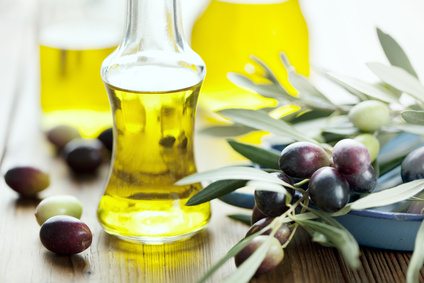
Eating Vegetable Oil Leads to an Imbalance of Omega-3 / Omega-6 Fats
The ideal ratio of omega-6 to omega-3 fat is about two to four times more omega-6 fat than omega-3 fat. Yet most people in modern society eating the standard American diet (S.A.D.) consume a most unhealthful 14 to 20 times more omega-6 fat than omega-3 fat. The main reason for this is the excess consumption of omega-6 fat from vegetable oils.
Bye Bye Trans Fats, Hello Vegetable Oils
Like trans fats, vegetable oils are cheap. And food manufacturers love cheap ingredients. Now that the truth about the dangers of trans fats has been revealed, food manufacturers have started to replace trans fats with omega-6-rich vegetable oils in an all-out effort to be able to market their products as “Trans Fat Free.” But just because it’s free of trans fats doesn’t mean the food should be a part of a healthy diet plan!
You Have to Read the Ingredients on ALL Foods You Buy
The ingredient list is especially important because a product marketed as “Trans Fat Free,” “Cholesterol Free,” or “Saturated Fat Free” can still be made exclusively from omega-6-rich (and undesirable) vegetable oils. You want to avoid buying any food made with the six commonly used vegetable oils listed above.
Vegetable Oils Contribute Empty Calories
Ratios aside, another reason to avoid vegetable oils is because the conventional ones sitting on grocery store shelves and mixed into packaged processed foods are not cold-pressed, rather they have been processed using very high-heat temperatures. This is bad because heat damages the delicate polyunsaturated fats within the vegetable oils, causing them to oxidize and turn rancid. The heat-refined vegetable oils are then exposed to chemical solvents and deodorizers to neutralize the rancid taste. On top of that, the protective antioxidants and phytonutrients found within the original whole food (such as the corn or soybean from which the oils were made) will have been burned out. This means vegetable oils are simply an empty-calorie, pro-inflammatory food with zero nutritional value.
Starting a Healthy Diet Plan? Give Your Pantry an Oil Change!
If you are serious about starting a healthy diet plan you need to be serious about the oils you use. Start by giving your pantry an oil change and tossing out all the vegetable oil bottles and all foods containing the six vegetable oils listed above. Simply by getting rid of packaged foods containing these oils you will most likely eliminate the vast majority of processed foods in your pantry. Then you want to stock up on healthy oils. The healthiest oils for cooking include heat-stable monounsaturated fats (such as extra virgin olive oil) and plant-based saturated fats (such as extra virgin coconut oil.) In order to get the important omega-3 fats your body needs you want to use cold-pressed flax oil, hemp oil or walnut oil in NO COOK recipes only (such as salad dressings.) Note: It’s important not to heat or cook with any omega-3 rich oils.
References:
1. A.P. Simopolous, “The Importance of the Ratio of Omega-6/Omega-3 Essential Fatty Acids,” Biomedicine and Pharmacotherapy 56 (2002):365-79;Daniel Yam, et al., “Diet and Disease—The Israeli Paradox: Possible Dangers of a High Omega-6 Polyunsaturated Fatty Acid Diet,” Israeli Journal of Medical Science 32 (1996):1134-43.
Stay Tuned for Healthy Diet Plan Solution #6….

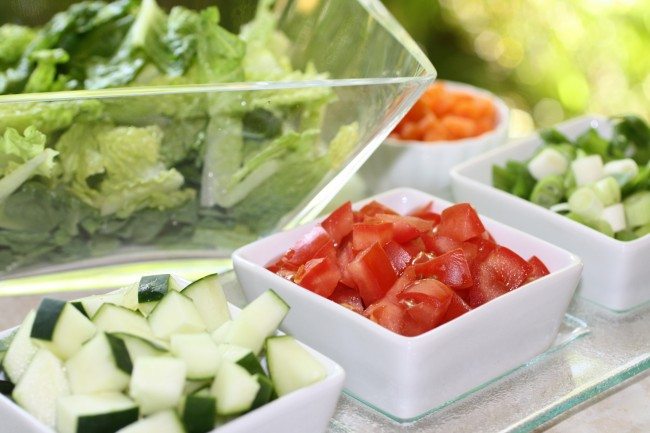
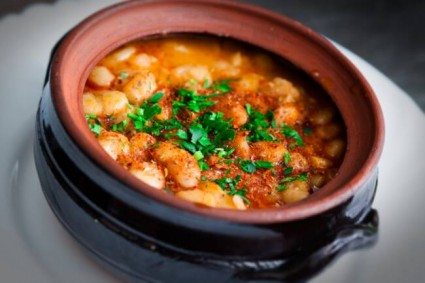
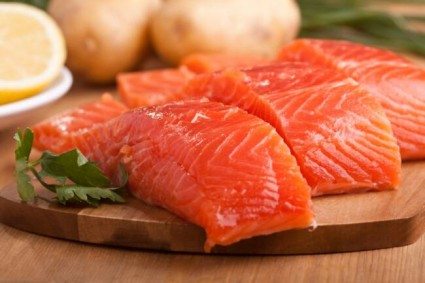
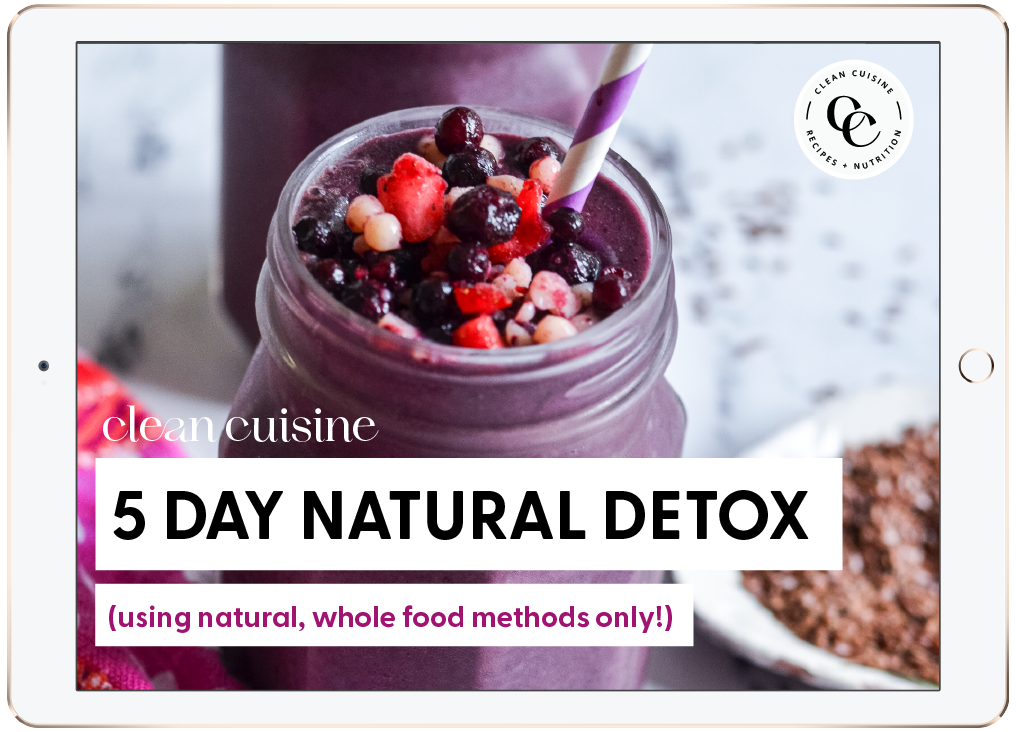
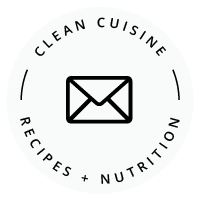
Victoria de Oni
Monday 4th of April 2011
Note: It’s important not to heat or cook with any omega-3 rich oils.
Then what does one cook with?
Ivy Larson
Tuesday 5th of April 2011
Hi Victoria! You want to cook with heat stable oils that have a high amount of monounsaturated fats (such as extra virgin olive oil)---but the most heat-stable of all are saturated fats. I don't recommend eating a lot of animal-based saturated fat in general (and I definitely don't suggest you cook with globs of saturated-fat rich butter or lard!!) BUT, you can cook with extra virgin coconut oil, which is a plant based saturated fat that is actually very healthy (and as long as you get a super high quality brand, such as Barlean's, then it really does not make all of your food taste like coconut! in fact, it blends right in with just about everything) I hope this helps clear things up?